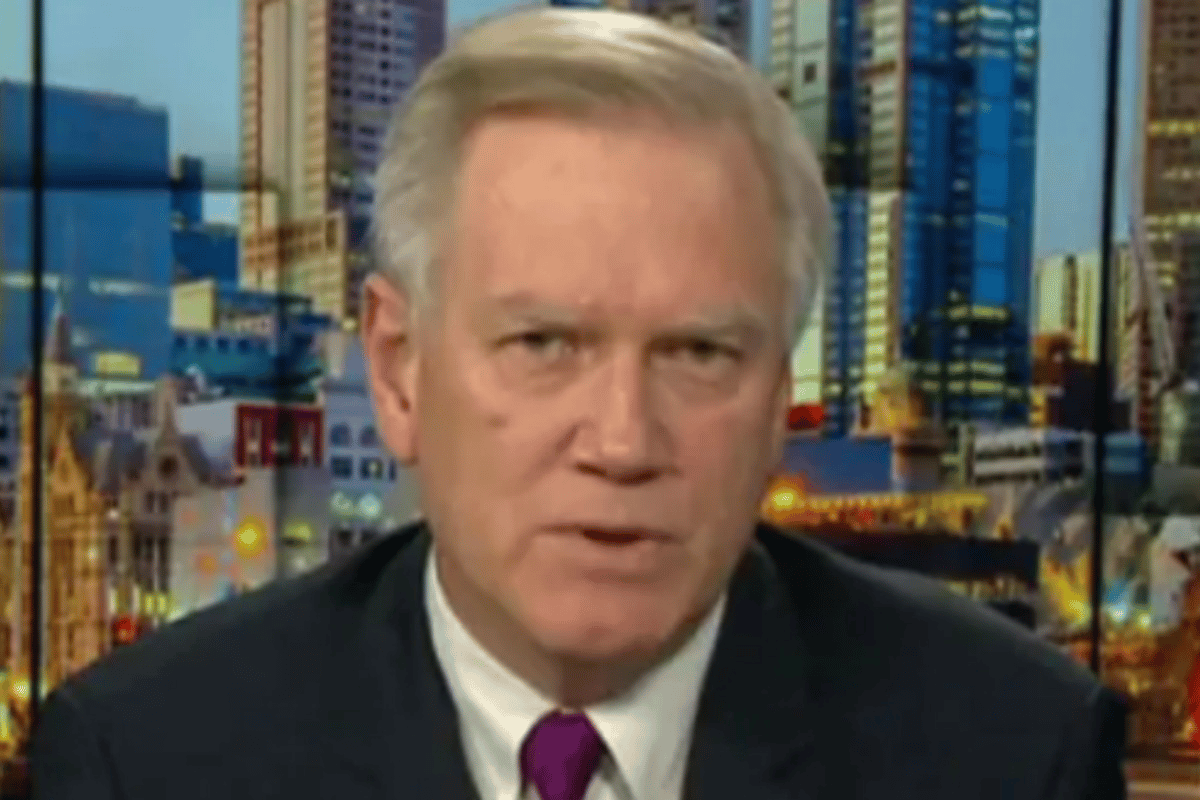
This week, many people in the United States learned about a man who lives more than 10,000 kilometres away. His name is Andrew Bolt.
Bolt is an Australian conservative and social commentator, who is currently a columnist for the Herald Sun and hosts a television show called The Bolt Report on weeknights. He denies there was ever a Stolen Generation (to be clear, there was), often complains that migrants are taking over Australia and "changing our culture", defended Cardinal George Pell who had at the time been convicted of child sex abuse (he has since been acquitted), described climate activist Greta Thunberg as having "mental disorders" and broadly denies climate change exists.
In Australia, Bolt is widely known as a controversial public figure. In 2011, he was convicted of racial discrimination after writing two articles, littered with factual errors, which implied that light-skin people who identify as Aboriginal or Torres Strait Islander do so for personal gain.
But it's not for any of these reasons that people in the US are getting to know Bolt.
It's through a documentary called The Australian Dream, which this week screened in the US for the first time on ESPN.
Watch the trailer for The Australian Dream right here. Post continues below.

Top Comments